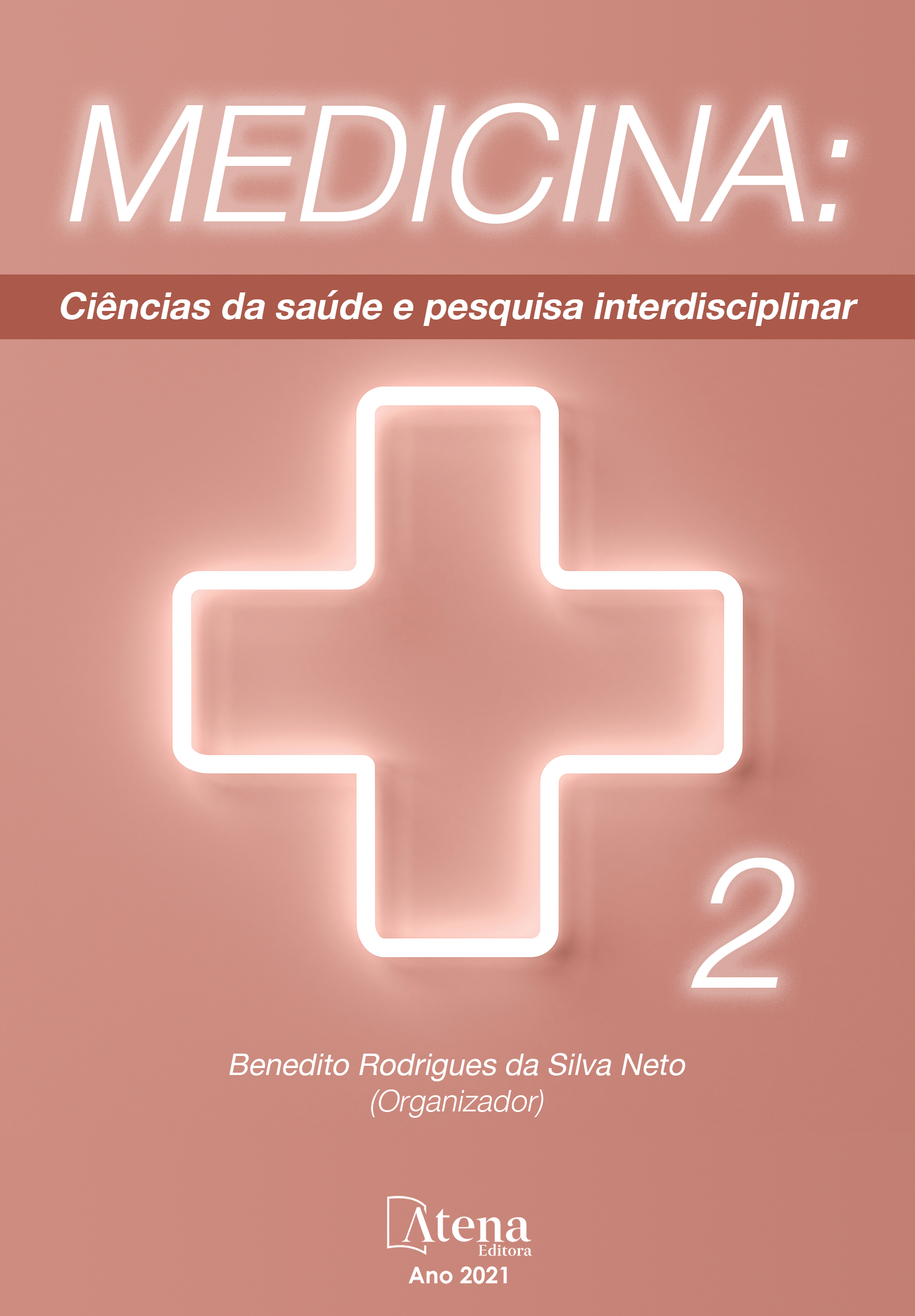
Telemedicina como parte da formação médica moderna
Em onze de março de 2020 a Organização Mundial da Saúde declarou a pandemia por Covid-19, o mundo teve que se reorganizar em diversas frentes. O confinamento exigido transferiu a maior parte da nossa vida para o mundo digital, transformando os cenários dos atendimentos clínicos e também mudando as maneiras de ensino e aprendizado. Isso trouxe a necessidade da formação médica em teleconsulta, regulamentação e avaliações constantes da prática da medicina a distância. O objetivo do estudo foi analisar se a telemedicina, como disciplina, integra o currículo das graduações em medicina no Brasil. A metodologia adota foi uma pesquisa teórica, de natureza exploratória e abordagem qualitativa, realizada em base de dados digitais da área de saúde, sendo complementada por uma pesquisa nas matrizes curriculares das graduações em medicina do Estado de São Paulo (n=20), instituições públicas e privadas, analisando a presença da disciplina telemedicina. Como resultado, a pandemia do Covid-19 aponta para a necessidade de estruturar melhor as ações da telemedicina, assim como regras de segurança digital e normas de atuação médica. Existem cerca de 341 escolas médicas no Brasil e temos aproximadamente 7 faculdades em que a telemedicina é disciplina obrigatória na graduação. Nossos achados corroboram com isso, pois analisando a matriz curricular de cursos de medicina paulistas (n=20), em 85% deles a disciplina não é oferecida e nos 15% restantes assume a condição de eletiva/optativa. Os desafios e as perspectivas futuras da telemedicina no Brasil passam pela institucionalização da disciplina Telemedicina e Bioética Digital em todas as Faculdades de Medicina e Residências Médicas do país, devendo fazer parte da formação moderna dos futuros médicos, a partir do mesmo alicerce básico da educação médica tradicional de maneira que ambas se integrem e se complementem.
Telemedicina como parte da formação médica moderna
-
DOI: 10.22533/at.ed.67921020920
-
Palavras-chave: bioética; currículo; tecnologia; telemedicina
-
Keywords: bioethics; curriculum; technology; telemedicine
-
Abstract:
On March 11, 2020 the World Health Organization declared the Covid-19 pandemic, the world had to reorganize itself on several fronts. The required confinement has transferred most of our lives to the digital world, transforming clinical care scenarios as well as changing the ways we teach and learn. This brought the need for medical training in teleconsultation, regulation and constant assessments of the practice of medicine at a distance. The aim of the study was to analyze whether telemedicine, as a discipline, is part of the curriculum of undergraduate medicine in Brazil. The methodology adopted was a theoretical research, exploratory in nature and qualitative approach, carried out in a digital database in the health area, being complemented by a research in the curriculum of medical graduation courses in the State of São Paulo (n=20), institutions public and private, analyzing the presence of the telemedicine discipline. As a result, the Covid-19 pandemic points to the need to better structure telemedicine actions, as well as digital security rules and medical performance standards. There are about 341 medical schools in Brazil and we have approximately 7 faculties in which telemedicine is a mandatory subject for graduation. Our findings corroborate this, since analyzing the curricular matrix of medicine courses in São Paulo (n=20), in 85% of them the subject is not offered and in the remaining 15% it assumes the condition of elective/optional. The challenges and future perspectives of telemedicine in Brazil involve the institutionalization of the Telemedicine and Digital Bioethics discipline in all Faculties of Medicine and Medical Residencies in the country, and should be part of the modern training of future physicians, based on the same basic foundation of medical education in a way that both integrate and complement each other.
-
Número de páginas: 9
- Gabriela Maia Maiolini
- Rafaela Holtz Cristo
- Caroline Maria Bonafé


